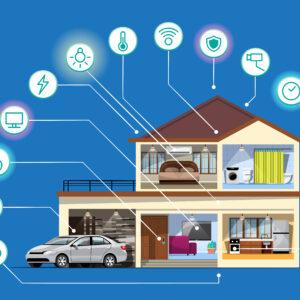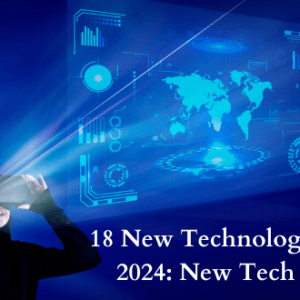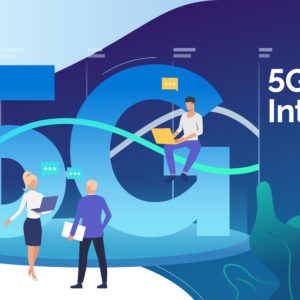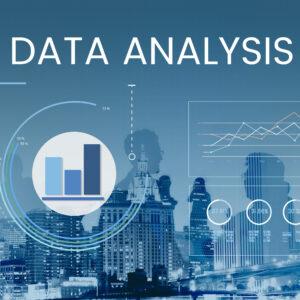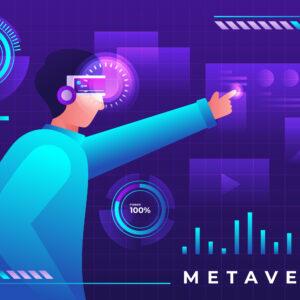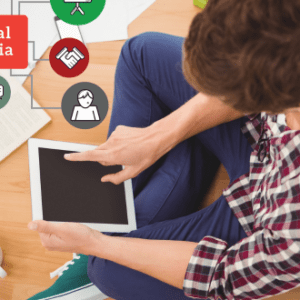With developments in digital healthcare innovations, such as artificial intelligence, VR/AR, 3D-printing, robotics or nanotechnology, the future of healthcare is shaping up before our very eyes. In order to be able to monitor technology, we have to familiarize ourselves with the advanced and latest technology news. To remain relevant in the coming years, the future of healthcare lies in working together with technology. Healthcare workers have to accept new healthcare innovations.
Internet innovations might help turn inefficient healthcare programs into sustainable ones, improve the interaction between medical providers and patients, offer cheaper, quicker and more effective disease solutions-technologies. This might win the fight against cancer, AIDS and other diseases to ultimately contribute better healthcare. The effects of modern technology in healthcare till now have been phenomenal and a lot more can be achieved.
Artificial intelligence – Artificial intelligence has the ability to totally reinvent healthcare. AI algorithms, like any medical practitioner, can mine medical records, design recovery plans and build medications quicker than any healthcare professional.
DeepMind from Google created an A.I. for diagnosis of breast cancer. On pre-selected data sets to classify breast cancer, the algorithm outperformed all human radiologists, by an average of 11.5%. Atomwise uses supercomputers from a database of molecular systems to craft therapies. It found two drugs with the AI technology that can dramatically minimize Ebola spread. There are many more cases of firms that are using A.I. from developing new medicines and disrupting medical imaging to mining patient data, to advancing healthcare. With all these concrete examples, wonder what horizons will open up for mankind healthcare with further A.I. and healthcare integration.
Electronic health records – When it comes to patient care records, the adoption of new technologies has been phenomenal. Earlier huge document files were transferred from department to department. It was always the case that patient medical charts were lost or destroyed in the transferring process. When patients visited, it often takes a long time to locate medical records. There were medical reports littered all over; not all records of one patient were filed in one location. It was complete confusion. Electronic health records (EHR) have made it easy for both healthcare providers and patients. Access to EHRs has resulted in consolidated storage of all patient records and quicker access for better diagnosis and performance. EHRs also allow for medical billing that is simpler, faster and easier.
Health wearables, trackers and sensors – The future of medicine and healthcare is closely working on empowering the patients and individuals by technology to take care of their own wellbeing through health trackers and wearables. These wearables are perfect way to know more about ourselves, our health and fitness levels and work accordingly. To regulate sleep and log exercise routines, Fitbits are gaining popularity.
Telehealth – Patients are mostly located at distance from hospitals and hence this creates a problem in accessing healthcare services. Telehealth is one significant advantage of new technology which is not only cost-effective, but can also help with assessing who needs emergency assistance. Currently, psychiatrists also offer telehealth therapy for people who can not physically come to their office. Telecommunication is also used to provide healthcare staff living in rural areas with education and training.
Health apps – The digital revolution has also resulted in plethora of health app. These health-based mobile applications help patients to monitor their health and sickness, provide diagnostic records, allow them to view the results of the examination and remind them about their check-up. Healthcare applications also help healthcare professionals to easily review test results, give instructions for drug dosage.
Robotics – Robotics is one of the most promising and fastest developing healthcare innovations. The first exoskeleton-aided surgery in Europe (2019) is a promising example. There are plenty of other uses for these robots especially in context of airborne disease treatment like Covid.
The landscape of healthcare will be transformed by Artificial Intelligence, deep learning, machine learning, mobile healthcare apps, health wearables, and many more other innovations. Healthcare institutions and healthcare providers need to keep their eyes open and build the requisite infrastructure and programs with the latest technologies for further advancements in healthcare services. Follow All Day Technology for the advanced technology updates and achieving maximum advantages of these new technologies in Shaping the Healthcare Industry.

